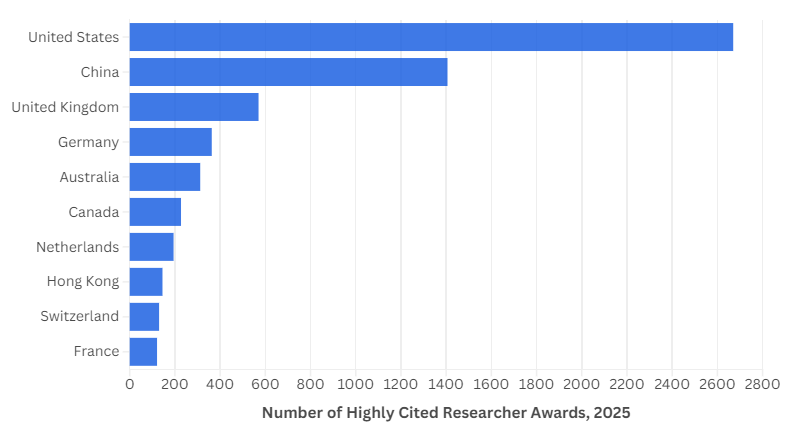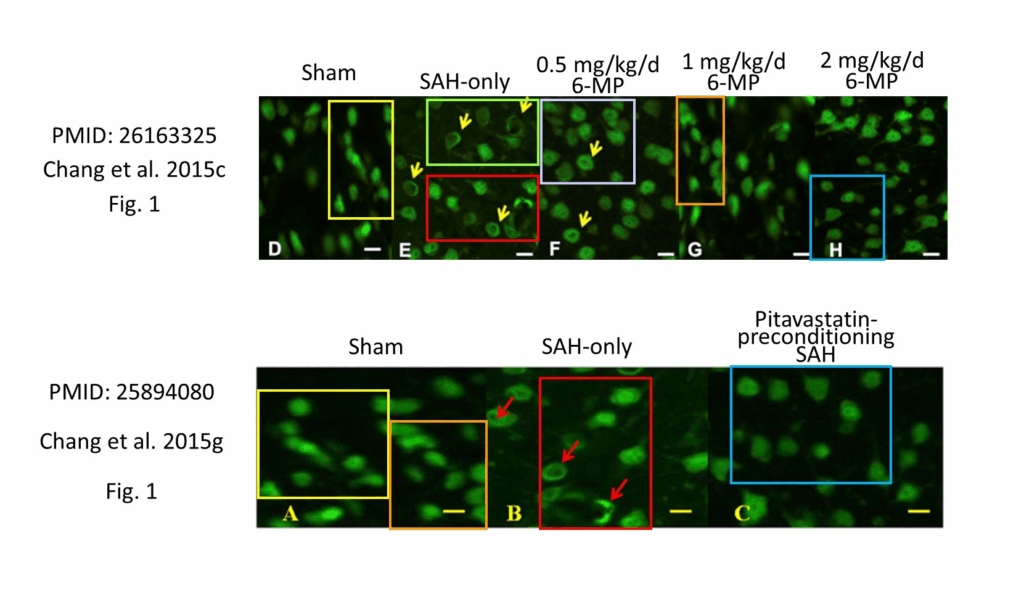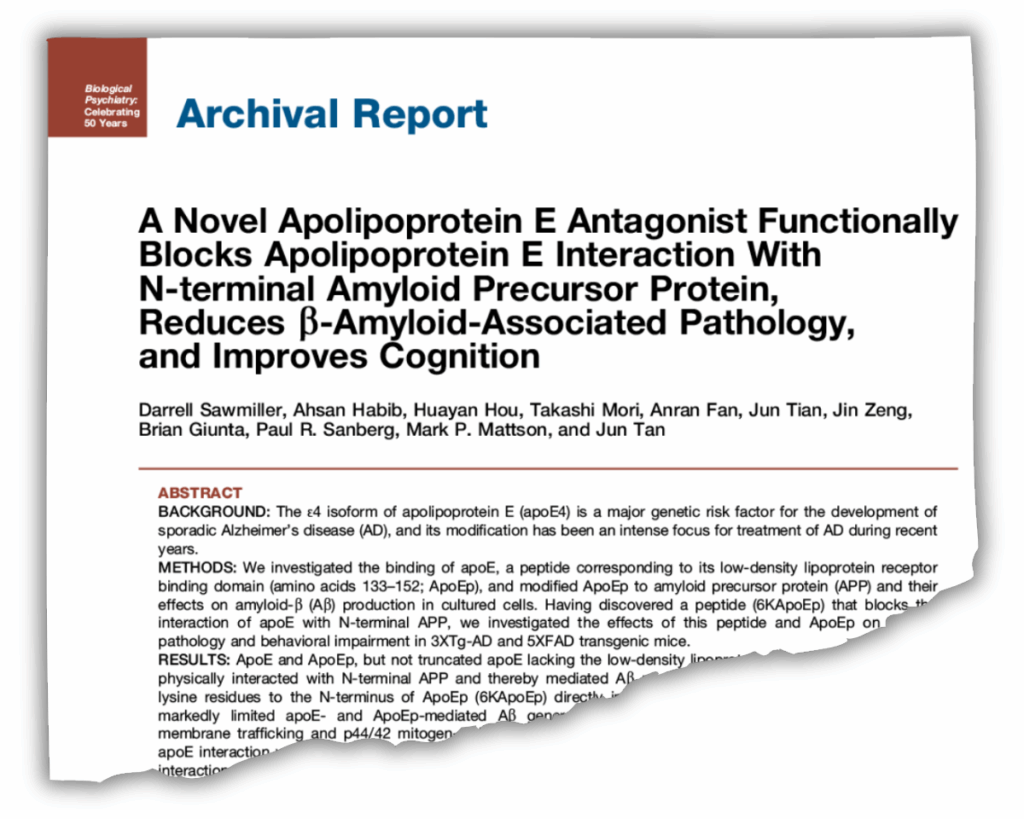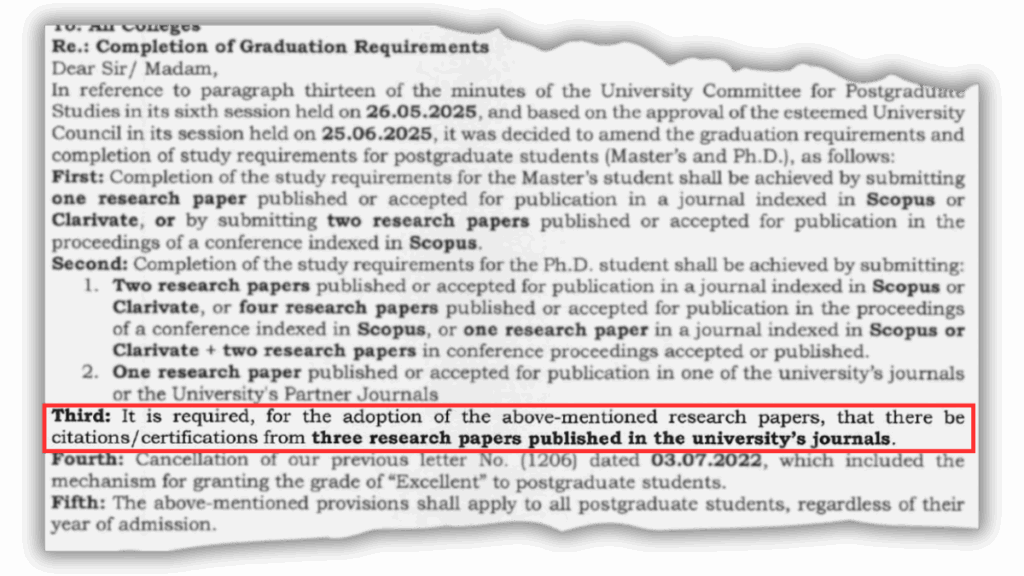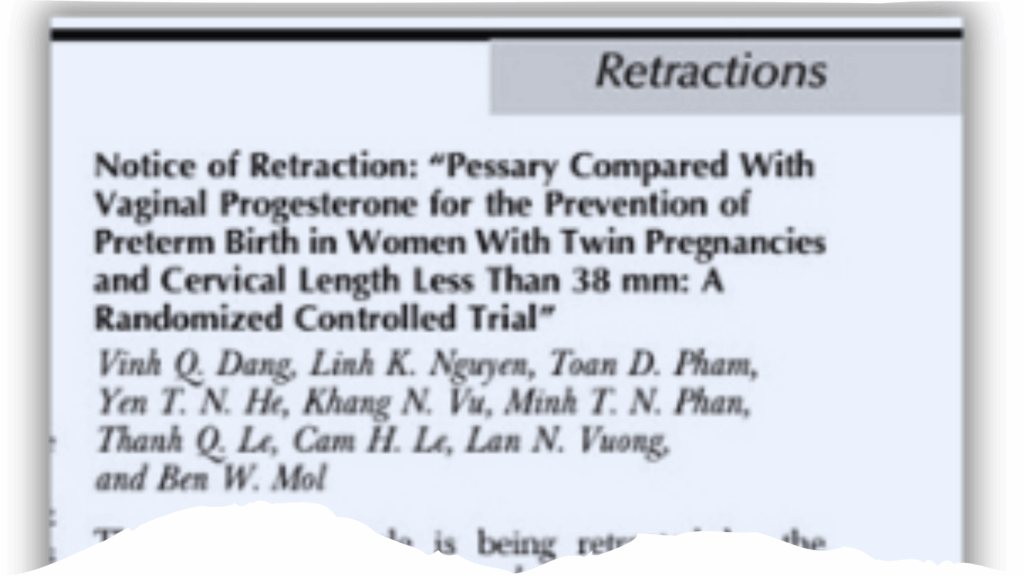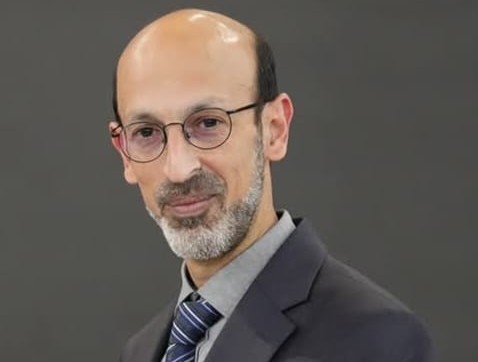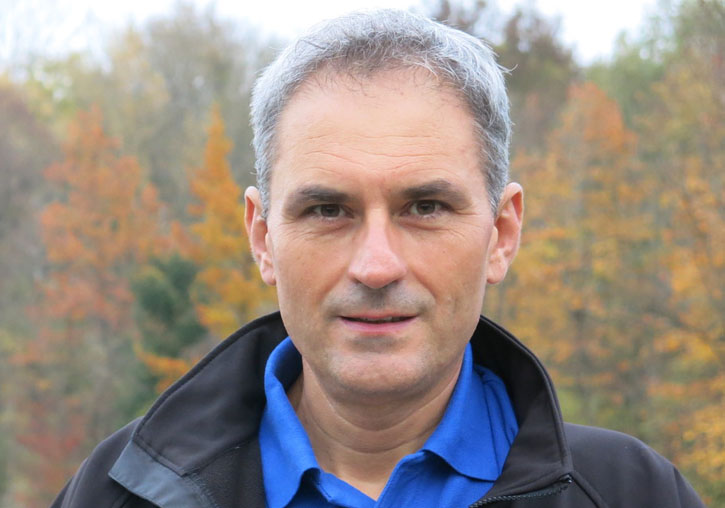An international computing society has begun retracting conference papers for “citation falsification” only months after the sleuth who flagged the suspect articles was convicted for defamation in a lawsuit filed by one of the offending authors.
So far, the Association for Computing Machinery (ACM) has pulled at least 27 of the papers, but dozens more remain, according to Solal Pirelli, a software engineer in Lausanne, Switzerland, who raised concerns about the articles more than two years ago. Some of the proceedings allegedly include plagiarized works, while others are plagued by citation stuffing.
The retraction notices from September 10 state:
Continue reading Computing society pulls works for ‘citation falsification’ months after sleuth is convicted of defamation
